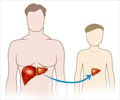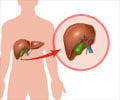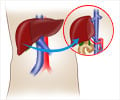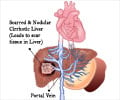A two-month-old baby weighing 2.1-kg has successfully undergone a liver transplant at a Delhi hospital.
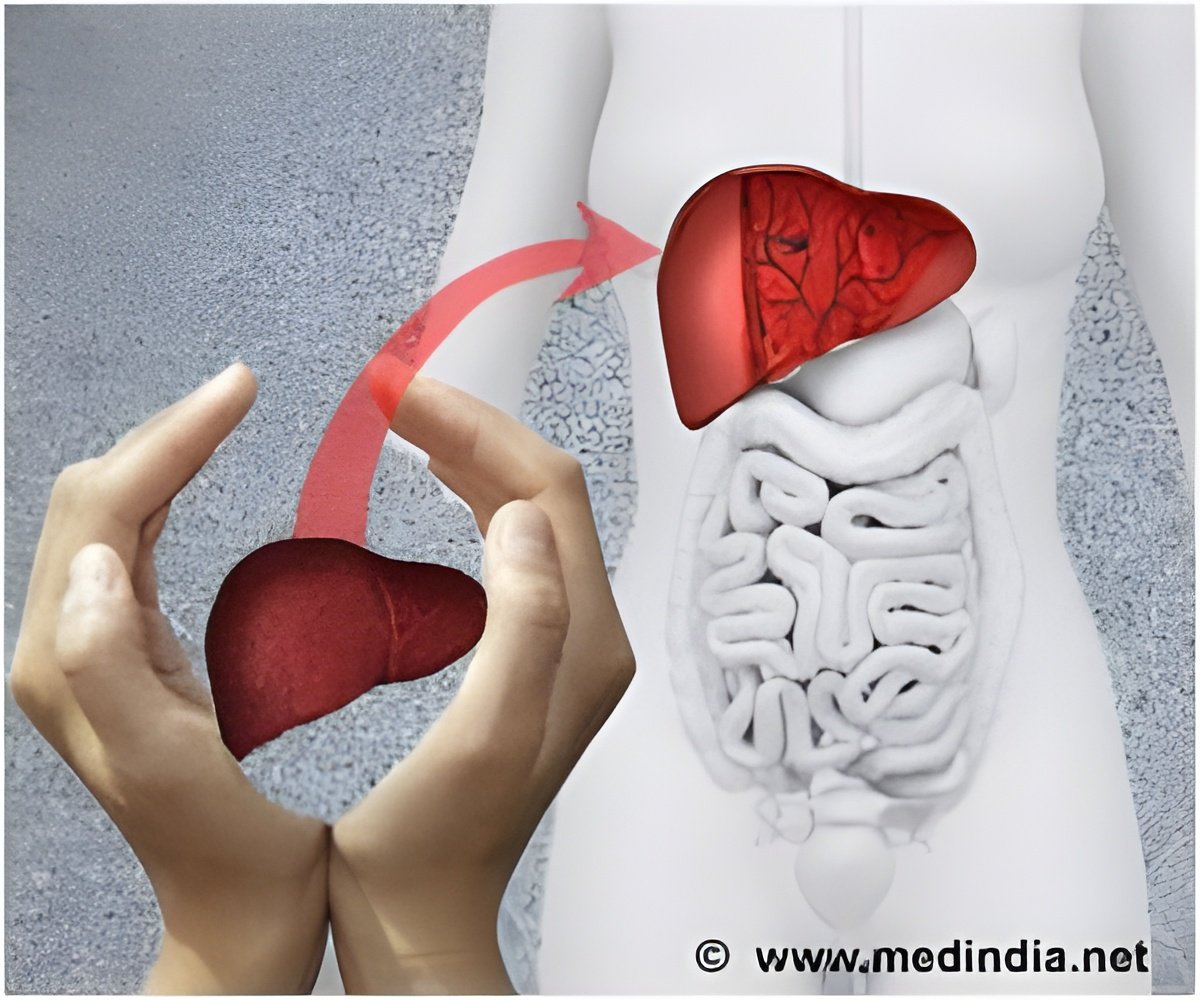
‘A two-month-old baby weighing 2.1-kg has successfully undergone a liver transplant at a hospital in New Delhi and is claimed to be the smallest baby yet to undergo the surgical procedure.’





On the new born's arrival at the hospital, doctors discovered that he was suffering from Neonatal Hemochromatosis. According to the doctors, while David's birth weight was 3 kg, the disease ravaged him, leading to malnourishment and weight loss.
"David was in severe liver and bone marrow failure when he reached us, malnourished and barely alive. He and his parents traveled from Nigeria in the hope that we could save him. While the odds weighed heavily against him, we decided to proceed with the rare, first of its kind transplant," said A.S. Soin, Chief Liver Transplant Surgeon at the Medanta Mediclinic Hospital.
Talking about the patient's condition, the doctors stated that the complication over performing the surgery was more because he also had jaundice, bleeding tendency, anemia and low blood counts.
Detailed evaluation not only confirmed liver failure due to NH, but also revealed bone marrow failure due to a condition called hemophagocytic lympho histiocytosis (HLH).
Advertisement
"We cautiously treated HLH and infection for three days and proceeded with a high-risk transplant which would give him at least a 70% shot at life. The usual success rate of transplants at our center is 95%. Without a transplant, the baby was unlikely to survive beyond a few days," said Mohan, while speaking to reporters.
Advertisement
Mohan said, "David's father James, the only suitable donor, was about 43 times as heavy. There were no previous reports of a successful transplant with donor heavier than 25 times the recipient's size. This meant we could use only 5-6% of James' liver for the transplant, whereas usually, about 10-20% of the donor's liver is used for transplanting in children."
Doctors said similar rare previous attempts elsewhere had ended in failure in 1-2 weeks.
However, as the transplant of David is successful, he is expected to enjoy a normal life ahead though he will need close, long-term monitoring.
Vijay Vohra, head of the liver anesthesia, said, "It was a big challenge to maintain David under anesthesia over the nine-hour surgery, because of his very small veins and wind pipe, small dosages of medicines needed, and the precision required down to a milliliter in managing fluid and blood product administration."
Source-IANS

